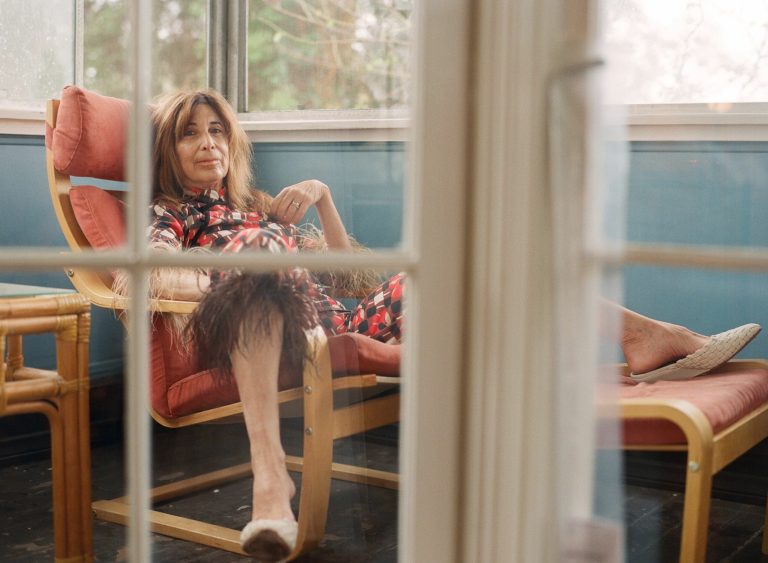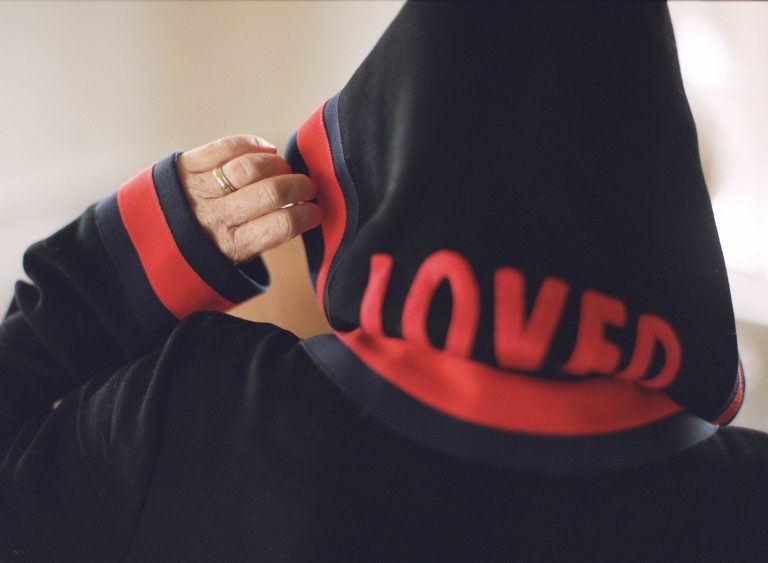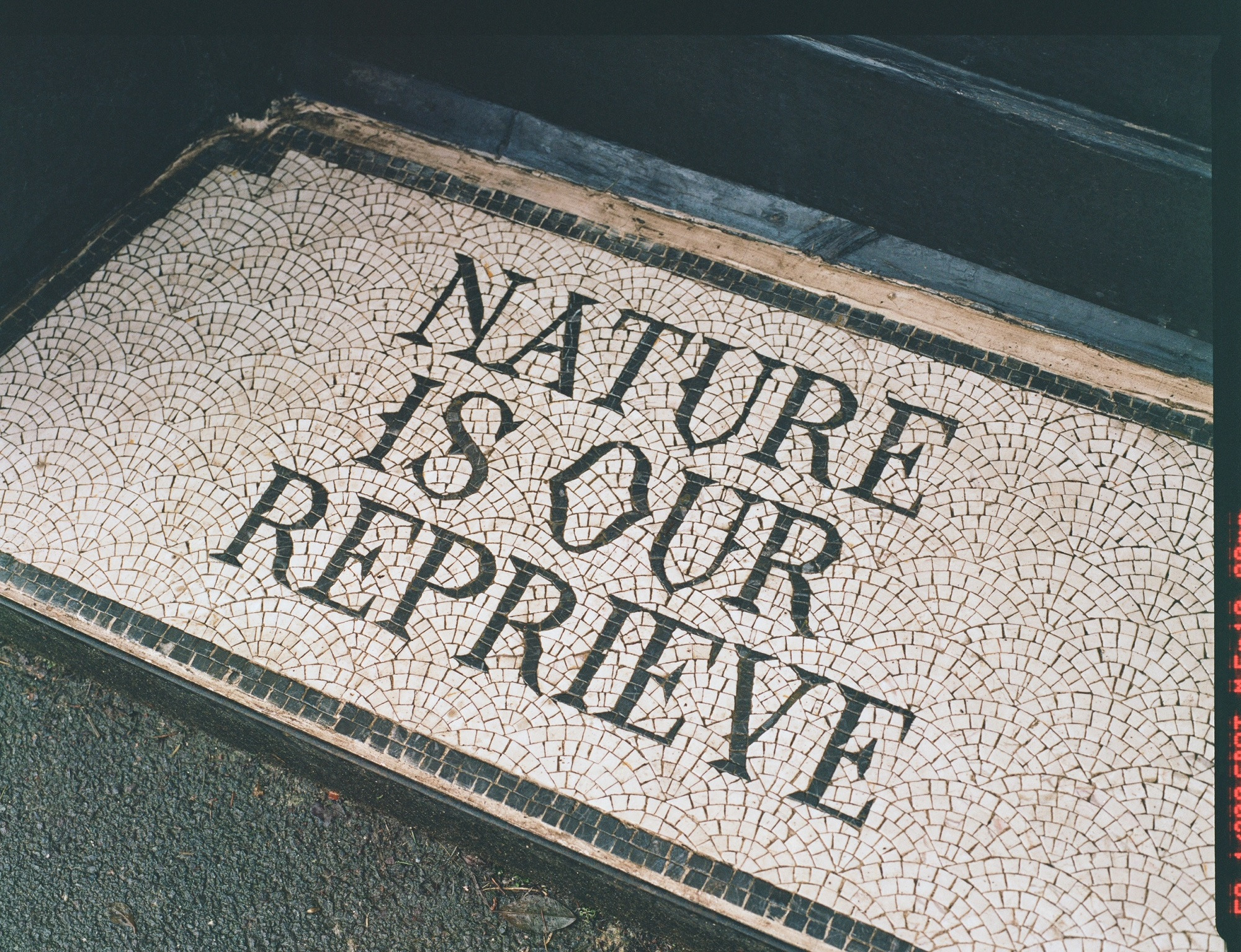
The Messenger
Published: 2020/11/30
Updated: 2021/07/05
Stephanie LaCava: You were an American living in New Zealand (NZ) growing up. How did an expatriated upbringing play into your future choices and work? Your early studies were also political in nature. Then you decamped to New York and pursued acting, found footing with poets—a different scene altogether… Any special memories of these years? Anything that seems to stand out now or looking back? (In Torpor, protagonist Sylvie feels as though the mystery of New York that inspired her is gone.)
Chris Kraus: I feel the same way now about Los Angeles! When I moved here in the mid-1990s, it was sleepier, more shadowy, obscure. Things get used up. Coming to NY from NZ was very confusing. In a small country like NZ, things more or less made sense—you could usually trace a link between cause and effect. NY was all about spectacle, attitude, projection. It felt very cynical. That was the subject of my first real work, a play—Disparate Action/Desperate Action—which I produced in NY when I was 25. Later, I came to see the NZ outlook, especially within the student left that I was part of, a bit naive. What I liked most about living in NY then was you could still smell bits of history—walking around the West Village, other neighbourhoods, imagining things that happened there. All that’s been erased by the energy of speculation, now about five times removed.
What do you make of the artist/writer as activist? Do you think the two should be kept separate? Or is this accomplished by engaging with the contemporary political scene in the work?
Well, obviously activist art that just re-presents documentary information that can be found online or elsewhere isn’t very interesting. What’s great is when artists/activists penetrate a system to expose or ameliorate a situation. I’m thinking about projects like ‘Rolling Jubilee’ and the light they shed on the debt crisis, and Papas Fritas’s work in Chile, destroying the documents of student debt. I’m hugely fascinated by Theaster Gates’s work in Chicago—the way he works with real estate and community/artistic projects simultaneously, both with tremendous sophistication, is brilliant. Money is definitely a medium, and the best political or activist art now uses real conditions as material or does something real.

Why do you choose/love LA as home now?
By default. LA is still great. Every time the plane lands in smoggy Burbank after I’ve been in San Francisco I feel relieved and free. There’s so much going on simultaneously, a more open atmosphere, and even though people arriving from NY are changing it, people mostly still don’t take themselves too seriously. There are fascinating people, and it’s easier for worlds and professions to overlap. Also, it’s easier here for people coming from outside. Less competition.
You were, for a moment, a messenger for Louise Bourgeois—another female artist who has worked with words/books (Erasmus Books and Prints was her own shop in the 1950s). I read that she once told you that you should marry a critic or academic in order to survive financially? Any other anecdotes from that time? How did that affect you?
Louise was great. She was trying to help! I was in my twenties, with no money and no prospects of ever having money, and unemployable except for sex or clerical work. Louise herself married an academic, an art critic who taught at NYU. I met Louise when she was turning 65—the age when most other people are winding down, and she was just gearing up to go. She was brilliant, obviously. And devious. I don’t think everything Louise said should be taken literally, at face value—she was very subtle. And she had great taste, championing all the best writers and translators, like Gary Indiana, Joachim Neugroschel…
Very simply, what do you make of I Love Dick being called a ‘feminist’ classic? How would you classify your own work?
Well, 20 years later, I guess I see their point. I never intended it that way, but it does read kind of like a Bildungsroman—you know, coming of age in middle age? Personally, I’m a feminist, but I didn’t (still don’t) think of myself as a ‘feminist writer’; feminism isn’t my subject per se… It’s like describing Justin Taylor or someone as a ‘masculinist writer’— ridiculous.

What do you think has changed in the feminist landscape since ’97? A broad question, but what is your take on the world and gender from that time until now?
In terms of relationships, straight women are both more and less empowered than they were at that time. One completely positive change is that, at least in the art/culture world, women are vastly more unified and supportive of each other. [Kathy] Acker’s strategy, and she didn’t invent it, was there was only room for one exceptional woman.
Mid-Torpor, you write, ‘It is the apex of a period when everyone unreasonably believes the Internet will be the conduit for an enhanced and newly democratic information flow…’ So interesting and prescient.
There was that utopian moment when people thought ‘the Internet’ meant that things would live forever. If somebody died at a young age, their website would ensure their immortality. Sigh. People didn’t realise then that things, cultural material, wouldn’t carry the same weight or be the same. That the ‘information highway’ would be overloaded and cluttered.

Native Agents [a Semiotext(e) imprint founded by Kraus, which published mostly women writers]—so powerful, so special. What do you make of many of these voices that you championed early on gaining more mainstream recognition now? How do you see poetry/abstraction/‘fugitive form’ playing into your own practice? It seems to me this is something you can so uniquely speak to as someone with footing in the visual and cinematic art worlds.
Well, not all of them have. I certainly wasn’t Eileen Myles’s only champion. Her genius and prolific-ness ensured her influence on many generations. Other people whose work we published in Native Agents haven’t been as recognised—David Rattray’s book [How I Became One of the Invisible], one of my favourites, sold very few copies, and I wish everyone would read Ann Rower’s If You’re A Girl—she’s a great writer and a huge influence. I like the phrase ‘fugitive form’ a lot and think that fugitivity (is that a word?) can take many forms. Poets like Eileen Myles, Ariana Reines and Dana Ward turn the poem into a very fluid space. I’m in awe of their work. My own writing interest, lately, has been in disappearing. Writing the Acker book [The Childlike Life of the Black Tarantula: A 20th Century Fable], I barely use the first person in the text, and yet I’m very present in it. To be there by proxy—by how you manipulate material—interests me a lot. It’s what I loved about editing when I made films.
Artist Seth Price writes in Dispersion, ‘It is useful to continually question the avant-garde’s traditional romantic opposition to bourgeois society and values. The genius of the bourgeoisie manifests itself in the circuits of power and money that regulate the flow of culture.’ Let’s talk about this? And also the chapter of Torpor and game, ‘Who’s Peaked?’ The gaming and playing of cultural capital especially with the perverseness of social media… The election…
The ‘Who’s Peaked?’ game in Torpor is an old game, a game the art world always has revolved around—reputation, name, prestige. Maybe in the 1990s, people had begun to manipulate this a bit more consciously. I remember Sylvère [Lotringer] telling me once that a friend at Interview Magazine described their criteria for the exact moment of exposure/fame they found interesting or appropriate for the magazine. The question of the perverseness of social media and the election is truly frightening. My friend Tamar Brott and I spent the summer together in a writing retreat. She was fascinated by the Trump stories, could not stop reading them, and I kept saying, ‘Stop! Every click is bringing him closer to being president!’ Which turned out to be true. I have no idea where this will go—maybe like Berlusconi in Italy, the spectacle will run its course. I was asked recently to write a ‘profile’ of Ivanka Trump—the predictable analysis and dis—but I don’t want to contribute to the spectacle in any way.
I think about Acker here, in a way. You write in Torpor that her career trajectory and projected persona worked perfectly to gain her a certain kind of regard.
Yes, but eventually it backfired. Her image became dated and baroque… The Victorian underwear & tattoo shots on her book covers—ugh. It’s like thinking about your parents having sex. It’s taken 20 years for her work to outlive her ’80s image and for people to discover the work on its own terms. I also think of—although perhaps this is separate—the necessity to diversify, in a way, one’s ‘money-making’ practice in order to survive. No doubt, unless you have independent means. Johanna Fateman has done this so successfully and graciously, running a hair salon while working as a writer and critic.

What drew you to writing the Acker biography? Did the process illuminate anything for you in regard to your own work? What did you admire most about her? Or is it the opposite?
Several things drew me to it. I was around at the time of her death, being friends with Matias Viegener, who cared for her at the end of her life. And Sylvère, who she had a close relationship with, and I were still married, and Sylvère flew out from NY three times at the end of her life to visit. Kathy and I weren’t friends, so I kept my distance, didn’t go into her hospital room—but I drove down at least once with Sylvère to the clinic and was very moved by how alone she was at the end of her life. Soon after her death, I thought about writing her biography and did about a half-dozen interviews with some of her friends and associates between 1998 and 2000. I wrote a few articles, but then got busy with other things. So they sat in my closet.
Then, in 2014, a bunch of memoirs and photo exhibits about the glorious East Village days of the ’80s began coming out. I found them very false.
Richard Hell’s remark, in his 2013 memoir, I Dreamed I Was A Very Clean Tramp, included a quote about Kathy that really bothered me: ‘Some years later when Kathy Acker wanted me to slap her while I fucked her in the ass, it was hard to work up the motivation, even to keep a straight face. Not that I didn’t enjoy it.’ That was all he said about Kathy. I thought she deserved better than that. My biography of Kathy became as much a revisionist—and hopefully a more truthful—history of those eras, as much as a celebration of her life. As I got into the material, I became fascinated by how she willed and pushed herself to become a writer, inventing new projects and problems for each of her earlier works, up through Great Expectations. After that, when she became commercially published and more widely famous, the agenda became more about maintaining her career. A 20th century fable! Compounded by the fact that, by the early ’90s, commercial publishing changed, becoming increasingly corporate, to the point where she was dropped by her UK publisher and might soon have been dropped also by Grove. She began looking towards performance, multi-media work, other avenues. Tracing her life became a way of tracing artistic histories of the 20th century. Her life was full of contradictions and fascinating—but so were the eras, as well.
Which also makes for an intriguing starting point. I love that it’s mentioned as a ‘critical biography’, which makes me think of how your other work could be called ‘criti-fiction’. How is the biography critical? In this way is it straddling two genres as well?
I think it’s more old-fashioned than new. It’s not a new thing for work to be read within the context of somebody’s life. But in my book, I’m reading her books, especially her early work, very closely, as a writer: trying to understand and relate to the process she’d embarked on.
I think that “privacy” is to contemporary female art what “obscenity” was to male art and literature of the 1960s. The willingness of someone to use her life as primary material is still deeply disturbing, and even more so if she views her own experience at some remove. There is no problem with female confession providing it is made within a repentant therapeutic narrative. But to examine things coolly, to thrust experience out of one’s own brain and put it on the table, is still too confrontational.
Related Articles

Liberty 150 x150 curated by Leith Clark: The Founder Interviews

Liberty 150 x150 curated by Leith Clark: The Founder Interviews

Liberty 150 x150 curated by Leith Clark: The Founder Interviews

Liberty 150 x150 curated by Leith Clark: The Founder Interviews



